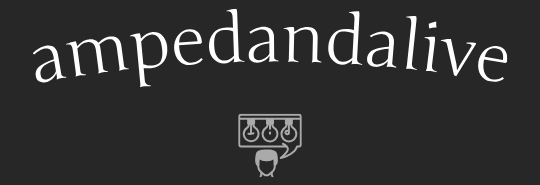What is DFM?
DFM, or Discretionary Fund Management, is a service where a professional financial advisor manages your investments on your behalf. Instead of you picking individual stocks or funds, the DFM makes all the investment decisions based on your financial goals, risk tolerance, and investment timeline. They handle everything from selecting assets to rebalancing your portfolio as market conditions change. Think of it as outsourcing the complexities of investing to an expert.
How Does DFM Work?
It starts with a detailed discussion with your DFM about your financial aspirations – perhaps retirement, buying a house, or funding your children’s education. They’ll assess your risk profile, understanding your comfort level with potential losses and gains. Based on this, they’ll craft a personalized investment strategy, choosing a mix of assets like stocks, bonds, property, and other investments that align with your objectives. They actively manage your portfolio, adjusting it as needed to adapt to market fluctuations and keep it on track to meet your goals. You’ll receive regular reports outlining the performance of your investments.
The Benefits of Using a DFM
One of the biggest advantages is the convenience and time saved. Managing your own investments can be time-consuming and require significant expertise. DFMs take on that burden, freeing up your time to focus on other priorities. They also bring professional expertise and potentially better investment returns. Their understanding of market trends and investment strategies can lead to more informed decisions than an individual investor might be able to make. Furthermore, DFMs often have access to a wider range of investment opportunities than individual investors, potentially enhancing diversification and return potential.
Different Types of DFM Services
The services offered by DFMs can vary. Some may focus solely on investment management, while others provide a more holistic approach, encompassing financial planning, tax advice, and estate planning. The level of service and fees can also differ significantly, so it’s crucial to understand what’s included in the package. Some DFMs might offer a purely passive approach, focusing on tracking a specific index, while others might take a more active approach, constantly adjusting your portfolio based on market analysis and forecasts.
Choosing the Right DFM
Selecting a DFM requires careful consideration. Look for a firm with a proven track record, a strong reputation, and a team of qualified and experienced professionals. Check their regulatory credentials and ensure they are authorized to provide investment advice. Transparency is key; understand their fee structure clearly and make sure it’s aligned with your budget and investment goals. It’s also beneficial to compare the performance of different DFMs, though past performance is not necessarily indicative of future results. Finally, ensure there is a good personal fit – you need to feel comfortable communicating with your DFM and confident in their approach.
The Costs of DFM
DFM services typically involve fees, which can be structured in different ways. Some charge a percentage of your assets under management (AUM), while others might charge a fixed fee or a combination of both. These fees can vary depending on the services offered and the complexity of your portfolio. It’s important to get a clear understanding of all associated costs before engaging a DFM. While the fees might seem high upfront, the potential for enhanced returns and the time saved could outweigh the costs in the long run, particularly for those with complex financial situations.
DFM vs. DIY Investing
The decision of whether to use a DFM or manage your investments yourself depends on your individual circumstances, financial knowledge, and available time. DIY investing offers more control but demands significant time commitment and expertise. DFMs offer convenience and professional management but come with fees. Consider your comfort level with risk, your financial literacy, and your time constraints when making this decision. If you lack the time or expertise to manage your investments effectively, a DFM could be a beneficial option.
Is DFM Right for You?
DFM can be a valuable option for individuals who want a professional to manage their investments and don’t have the time or expertise to do it themselves. It’s particularly suitable for those with complex financial situations or significant assets requiring expert management. However, it’s essential to weigh the costs against potential benefits and ensure you choose a DFM that aligns with your needs, risk tolerance, and financial goals. Thorough research and a clear understanding of the services offered are crucial before making a decision. Visit here for information about DFM Wealth Management.


